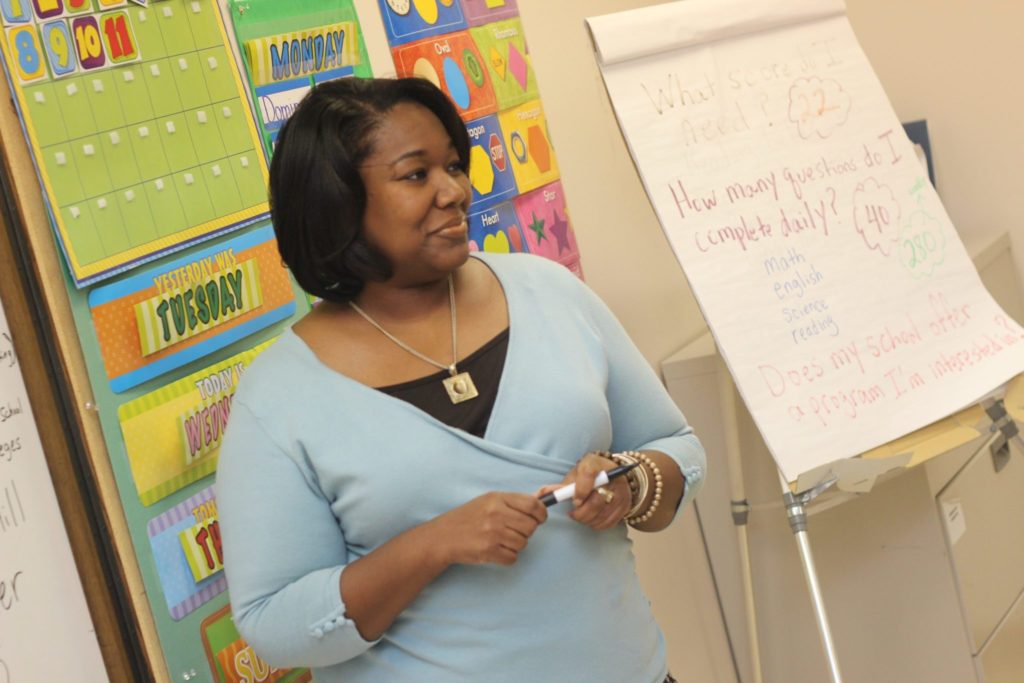15 Ways to Reimagine Education
13. Facilitate Parent/Teacher Collaboration.
Educationalist, Fiona Carnie states that many parents send their children to state school because they have no choice. They may not be able to afford private education, there may not be any progressive schools in their area and the option of home educating can seem impracticable for parents who work.
“Just because parents send their children to state schools, it does not mean they are universally happy with them. Many have deep concerns but do not have anywhere to voice those concerns.”
Fiona Carnie
Research indicates that parents experience a lack of involvement at their child’s school. For example, in Carnie’s book, Rebuilding our Schools from the Bottom Up, she cites a 2016 PTA (Parent Teacher Association) UK Insight Survey which found that 85% of parents want more involvement.

Parents want to have a say on issues which affect them, but more often than not schools do not have effective mechanisms enabling them to contribute to school decision-making.
On the other hand, many schools report that they struggle to engage with parents.
Parental Involvement Contributes to Achievement Gains
Carnie also cites a report called Engaging Parents in Raising Achievement: Do Parents Know They Matter? by Harris and Goodall (2007). This report concludes that parental engagement is the most powerful school improvement lever that exists. The authors argued that alongside encouraging parents to support their children’s learning, it is important to involve them in school life.
She continues that this report was validated by a government-funded project (Carnie) on Setting Up a Parent Council, which found that it can be transformational for schools to involve parents in decision-making.
Similarly, a study in 2004 for the Harvard Family Learning Project found that parental involvement in school decision-making contributes to significant achievement gains.
How Can Schools Collaborate with Parents?
Reflecting on this research, Carnie says that if schools are to be able to meet the needs of local families and communities and get the best for their children, it is essential that they listen to parents and work with them in partnership. Her book offers a number of suggestions such as parent councils, forums, class meetings, action groups and focus groups.
Importance of an All-Stakeholder Approach to Schooling
It’s not just parents who need to be given a voice. Fiona Carnie writes how significant changes have taken place in the education system in the last 30 years. In England at least, these changes have resulted in an increasingly centralised system in which the voices of those who teach, those who learn, as well as those whose children go to school have been marginalised.
She looks to the world outside of education where it is increasingly common for companies, government departments and service providers to consult their stakeholders. They do this because they have found that it helps them to provide a better service. If they listen to their customers, they are better able to meet their needs. They have understood that collaboration helps improve performance.
Carnie points out that this growing trend in stakeholder participation is passing the education sector by.
For parents, their participation is usually limited to the PTA which involves fundraising and organising social events, or helping out with reading and other activities. There is no statutory requirement for consultation with parents.

For teachers, again there is no single professional body representing their views in the development of education policy.
Carnie explains that teaching unions are perceived as being mainly concerned with teachers’ terms and conditions rather than fundamental questions about learning and teaching.
Staff meetings are theoretically a forum for recommending changes and improvements but in reality, they become dominated by operational issues instead. Carnie suggests that schools set up a staff council where the overarching mission and direction of the school can be discussed.
Equally, students lack a voice in school decision-making and have no control over their learning, despite the research which shows the benefits of a democratic approach.
It’s crucial that these stakeholders – parents, teachers and students – who are most affected by decisions made, are consulted with and heard, in order for students to reach their full potential.
Support for Schools
Have a look at our Schools Support page for ideas for introducing practices to give students a voice, as well as tips for setting up parent and teacher councils.
Further Reading on Why Progressive Alternatives are Needed
Please visit 15 Ways to Reimagine Education

